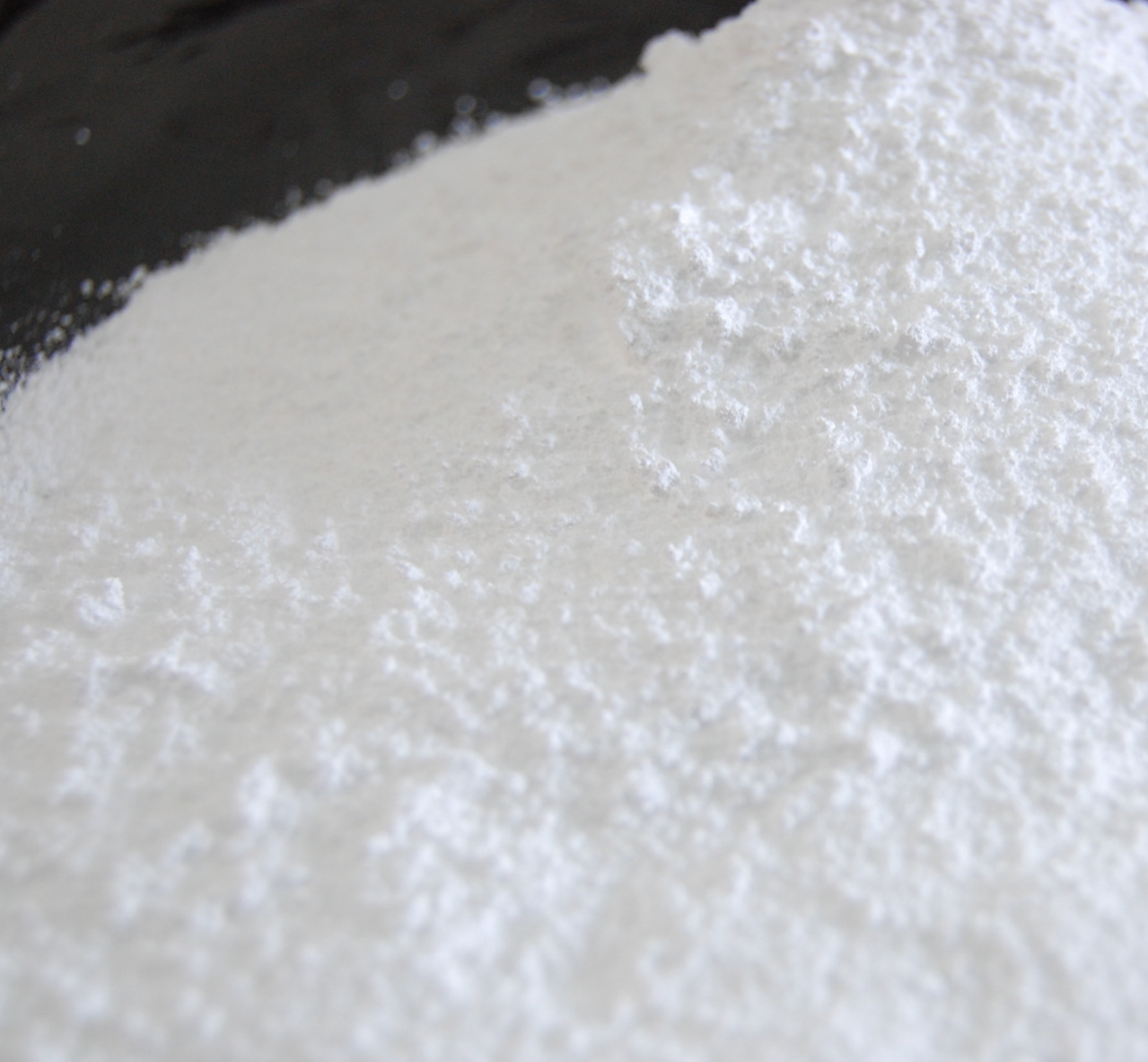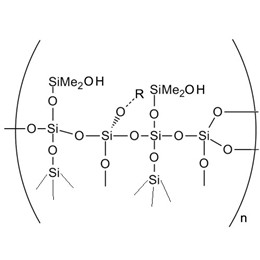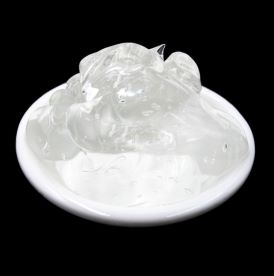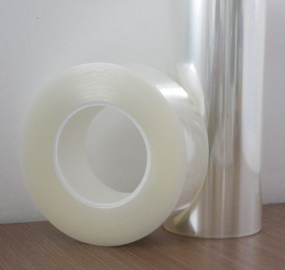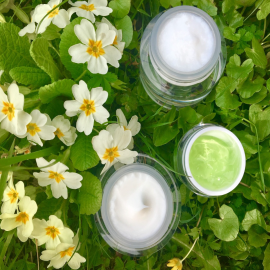Cosmetics are developing rapidly due to the improvement of the demand for quality of life, and products are constantly being updated. To create a flawless foundation and improve the makeup effect, it is necessary to add Trimethylsiloxysilicate film-forming agent to the makeup products to improve their performance. Trimethylsiloxysilicate has two forms: powder and liquid, which can be used in cosmetic products. Why choose silicone liquid Trimethylsiloxysilicate film formers?
TMS powder may cause dust problems during production; when used, it requires dissolution, which increases the production cost by adding a process and other required equipment.
Liquid TMS film-forming agent is dispersed in different liquid carriers solving the disadvantage of the powder form, and this innovative solution can also be customized by consumer demand, which is more flexible and saves production costs.
The following are 6 aspects of silicone liquid film-forming agents:
- What is a film-forming agent?
- How to classify film-forming agents?
- What are the performance requirements of film-forming agents?
- What is Trimethylsiloxysilicate?
- What are the silicone liquid film-forming agents?
- Prospects for film former
- How can the film-forming agent perform better?
1. What is the film-forming agent?
In cosmetics, based on the different properties and characteristics of the film-forming polymers, they can give the product moisturizing, sunscreen, anti-sweat, waterproof, styling, and other effects.
So some film-forming agents can indeed moisturize by film-forming, but not all film-forming agent has a good moisturizing ability, it depends on the type and structure of the film-forming agent, for example, even if the film-forming agent forms a thin film on the surface, but due to the pore between the film is relatively large, the permeability is better, it plays a moisturizing effect is usually worse.
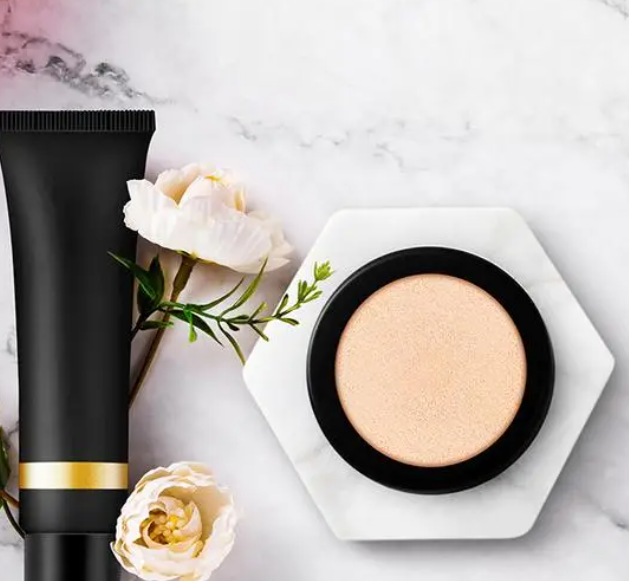
2. How to classify film-forming agents?
2.1 Types based on medium:
(1) Water-soluble film-forming agent
This type of film-forming agent mainly includes polyvinyl acetate, polyacrylate emulsion, hyaluronic acid, acrylate/ammonium octyl acrylate copolymer, polyvinylpyrrolidone, polyvinyl alcohol, acrylic copolymer and so on.
(2) Oil-based film-forming agent
This type of film-forming agent mainly includes polyvinylpyrrolidone/hexadecyl carbon copolymer, Trimethylsiloxysilicate, acrylic resin dimethylsiloxane copolymer, and so on.
2.2 According to the nature and source:
Protein film-forming agents, acrylic resin film-forming agents, polyurethane resin film-forming agents, polyethylene copolymers, silicone polymers, hydrocarbon polymers, and others.
3. What are the performance of film-forming agents?
(1) Air and water permeability
Improving the breathability and water permeability of film-forming agents allows the skin to breathe freely and reduces skin discomfort caused by prolonged use of cosmetics. At the same time, a film-forming agent with good water permeability also keeps the skin moist and prevents it from drying out.
(2) Adhesion and friction resistance
Improving the adhesion and friction resistance of the film-forming agent ensures that the film formed will not easily fall off or be damaged, thus maintaining the durability and effectiveness of the cosmetic.
(3) Flexibility and elasticity
Improving the flexibility and elasticity of the film-forming agent can make the formed film fit the skin better, reduce wrinkles and creases caused by skin activities, and keep the skin smooth and firm.
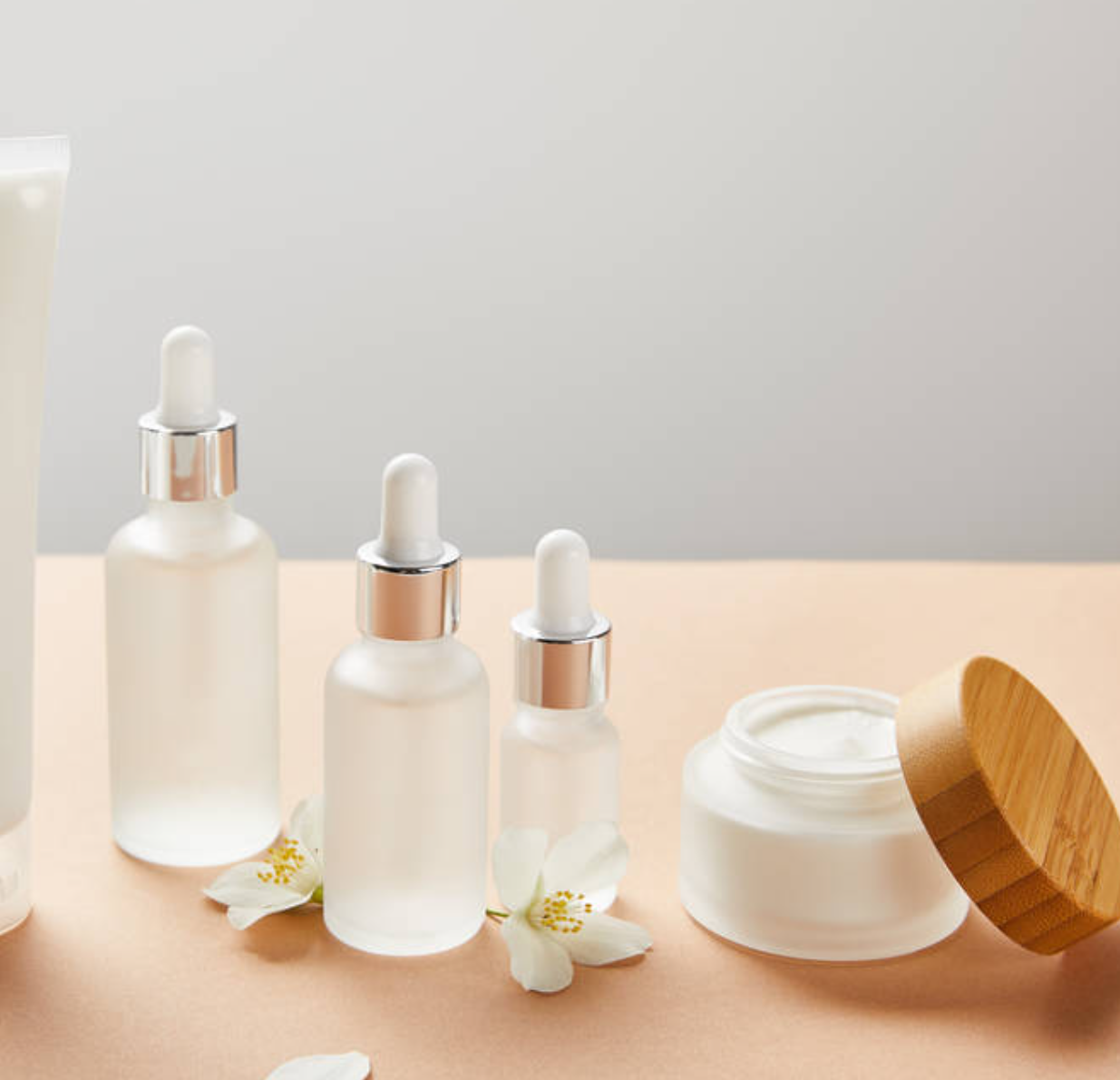
(4) Glossiness and transparency
Improving the gloss and transparency of the film-forming agent can make the formed film more natural and not bring an obvious thick or greasy feeling to the skin, and at the same time increase the aesthetics of the cosmetics.
(5) Biocompatibility and safety
Ensuring that the film-forming agent has good biocompatibility and safety can reduce the risk of skin irritation and allergy and protect skin health.
4. What is Trimethylsiloxysilicate?
Trimethylsiloxysilicate is referred to as TMS, the scientific name is also called methyl MQ silicone resin, which is composed of M and Q units, it determines its structure and state. Under the same molecular weight, different membrane states can be obtained by adjusting the M/Q ratio. At the same M/Q value, the membrane state can also be changed by adjusting the molecular weight.
5. What are liquid TMS film-forming agents?
Trimethylsiloxysilicate can be dissolved in D5 or Isododecane and other solutions, which has excellent film-forming and waterproof properties, and rub-off resistance, and it is used in the field of cosmetics such as non-stick lipsticks, foundations, and sunscreens.
XJYsilicones has introduced different forms of film-forming agents:
(1) XJY-8205 Series MQ Silicone Liquid Film Formers
XJY - TMS (Trimethylsiloxysilicate, silicates are salts and esters of the silicic acid) provides a series of silicone film-forming agent fluids dispersed in different carriers, which are recommended to be used in skin care, sun care and color cosmetic products to help foundation, sunscreen, mascara, lipstick, etc. for long-lasting make-up retention, and in sun care applications, it effectively enhances the SPF value to provide a more comfortable skin feel and long wearing as well as resistance to oil, sweat and migration.
In addition to the above products, we can also customize film-forming agents with different contents and viscosities according to customers' needs.

Product Application
- Soft film: sunscreen, cream, foundation, etc;
- Medium film: lipstick, nail polish;
- Hard film (for styling): mascara, hair styling wax, and so on.
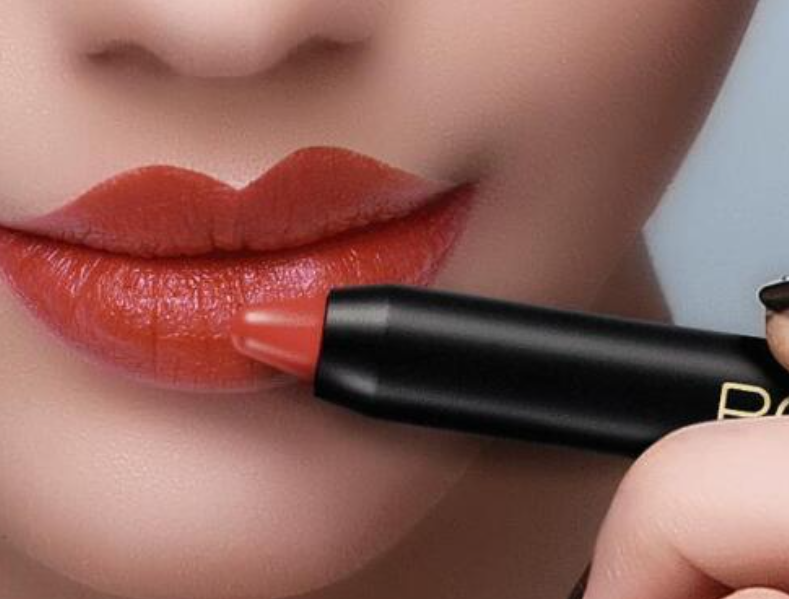
(2) XJY-8100 MQ modified Polysiloxane film-forming agent
It is a Polysiloxane polymer that forms thin and soft film to improve adhesion, elasticity, and bonding. It can significantly improve durability, waterproofness, and appliques after use, with a smooth skin feel, good affinity with skin, high ductility, non-tacky, and smooth characteristics.

Functional characteristics
- Good film formation (super soft film), softness;
- Excellent slip lubricates the skin, not greasy;
- Good spreadability can improve the coverage of cosmetics;
- Good water resistance
- Polyurethane-modified film-forming agent with better adhesion than pure MQ resin.
Applications
- Used as lipsticks, lip glosses, eye makeup, and other kinds of color cosmetics products with long-lasting and waterproof performance.
- It has a soft, silky touch, which can improve the durability of sunscreen products, reduce color differences, and maintain makeup.
- It can reduce the sticky feeling and is used in moisturizing creams, face creams, and other skincare products.
(3) XJY-804M Silicone gel elastomer film-forming agent
Besides a liquid film-forming agent, XJY also innovates a silicone gel film-forming agent. Compared with ordinary silicone gel, it has a unique combination, a better skin feel, excellent adhesion, and can increase SPF and PA to a certain extent.
In addition to compounding and dispersing in D5, we can also provide dispersions in silicone oils such as Isododecane and Methyl Trimethicone.

Functional characteristics:
- Excellent hand-feel, smooth and non-tacky,
- Film-forming properties
- No scrubby feel
- Excellent in persistence
Product Application:
- Sunscreen products: increased SPF and PA indexes
- Foundation: concealer, lasts
- BB Cream: concealer, skin tone adjustment, sun protection pore tightening, etc.
- Anti-wrinkle cream: anti-wrinkle and light lines, etc.
6. Prospects for film former
The cosmetic film former market is an important segment in the cosmetics industry. The demand for cosmetic film-forming agents is gradually increasing with the rising demand for the quality and durability of cosmetics.
According to a market research report, the cosmetic film-forming agents market is expected to be worth hundreds of millions of dollars by 2025.
This growth trend is mainly attributed to two factors: one is the extreme quest for cosmetic durability among consumers. On the other hand, it's the continuous improvement in the technical performance of cosmetic film-forming agents, which continues to meet the market demand in terms of durability and adhesion properties.
At the same time, as consumers' awareness of cosmetic ingredients and environmental protection increases, the market demand for natural, renewable, and biodegradable film-forming agents is also increasing, which provides new opportunities and challenges for the development of the cosmetic film-forming agent market.

7. How can the film-forming agent perform better?
Silicone film-forming agents are a class of products that form flexible film on the skin after being applied to the skin. This film can protect the skin, increase durability and humidity resistance, improve the texture, etc. In cosmetics, silicone film-forming agents are widely used in foundation, lipstick, mascara, eye shadow, sunscreen, masks, creams, and so on. How to improve the competitiveness of your reaction products?
XJY Silicones is one of the leading silicone MQ resin and VMQ silicone manufacturers in China, with more than 30 years of R&D and manufacturing experience in the silicone industry as well as more than 15 related patents and technical support. Our silicone resins raw material products can meet the needs of the silicone resin field and support the provision of diversified customized solutions, also can though cosmetic ingredient review.

